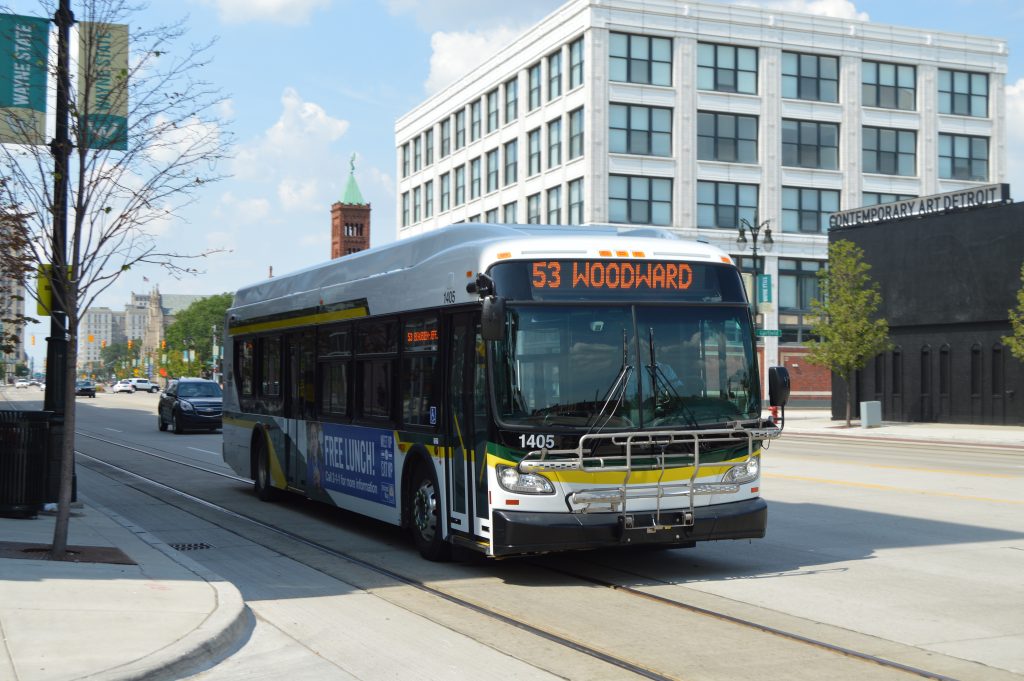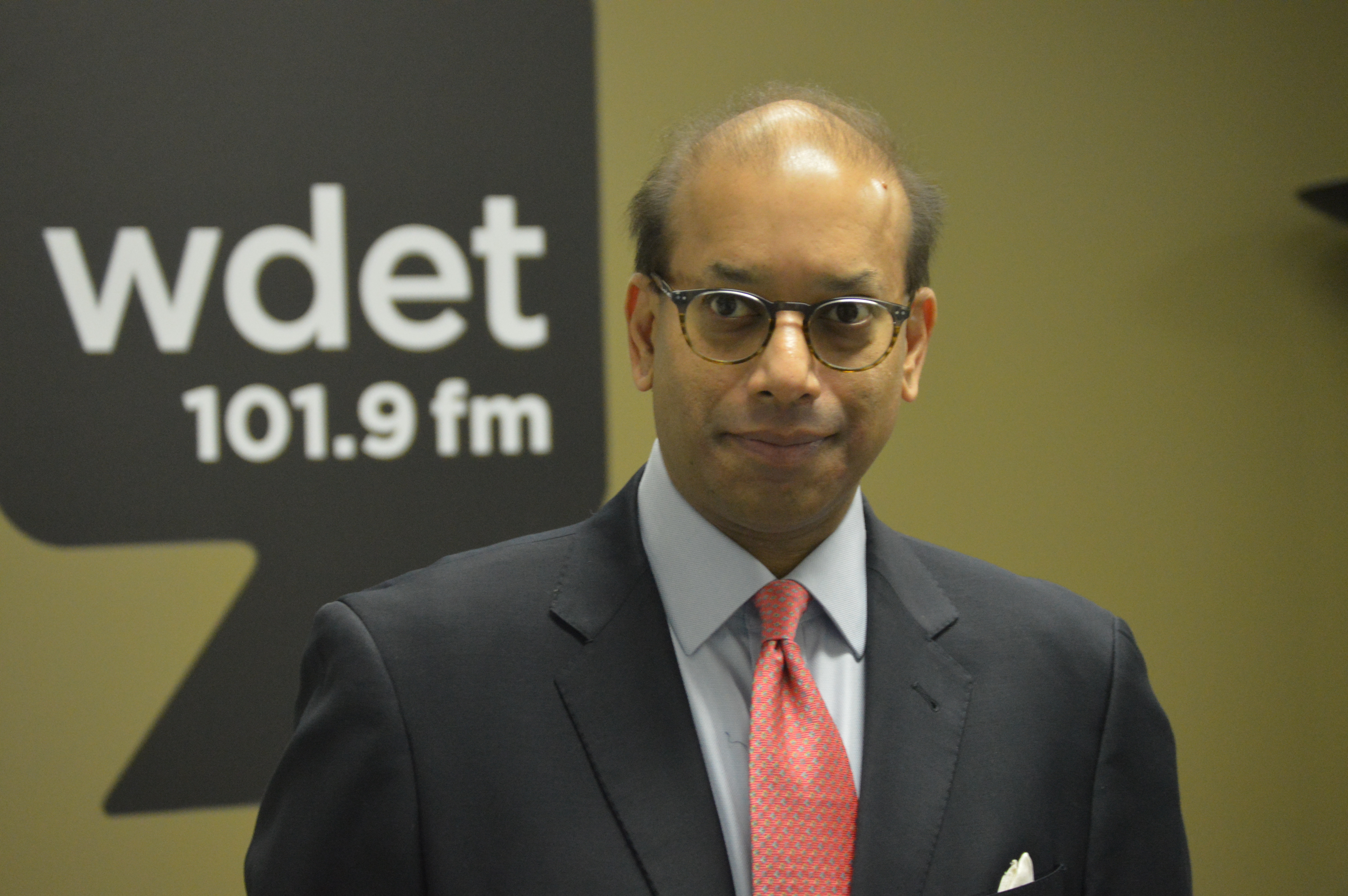Detroit Chamber: Southeast Michigan Doing Well, But Lags On Regional Transit
The Detroit Regional Chamber released its annual State of the Region report. CEO Sandy Baruah says transit is major challenge that must be addressed.


The debate continues over the need for a robust and fully funded Regional Transit Authority connecting all Southeast Michigan.
Wayne, Oakland, and Washtenaw counties are all moving forward on that issue together. But Macomb County, which narrowly defeated the last attempt to find regional transit, will sit this round out.
What does that mean for regional cooperation moving forward?
On Thursday, the Detroit Regional Chamber released its annual “State of the Region” report. It shows the region is doing well in many areas. But there is still a lot of work to do, and transit is one of those areas where the region lags far behind other major metropolitan areas in the U.S.
“We have a lot of wins to celebrate,” says Detroit Regional Chamber CEO Sandy Baruah. “I think if we go back in time ten years ago and if any one of us had predicted that Detroit, the city, the region, and, frankly, the state would be in the position where we are now. I think we would have all said to each other that, ‘No, you’re crazy. We’re not going to make that much progress.’ But we have.”
However, he says, that progress has slowed a bit.
“We are not progressing as fast, we’re not making as much progress, in the last two years than we were in the previous three-to-four… (there’s) a little bit of a slow-down,” he says. “We’re still growing, make no mistake. This is still a positive picture. But we’re not growing as fast as our peers in some of the national numbers.”
RELATED: Mark Hackel, Odd Man Out on Regional Transit, Touts Macomb County’s Successes
But he says that transit is an area that must improve to help people and businesses alike.
“Our current access to public transit for the citizens of this region is completely inadequate and we need to do better,” says Baruah, who notes that Metro Detroit ranks worst among major metropolitan areas across the country. “We care about this because the best way to make companies that are based in our region, large and small, and the people in our region prosperous is to allow people mobility.”
Baruah notes that it’s harder to build out transit now that federal funding for those projects isn’t as available as it used to be.
“Our regional would have been so much better now had we done this in the 1960s and 70s,” he says.
